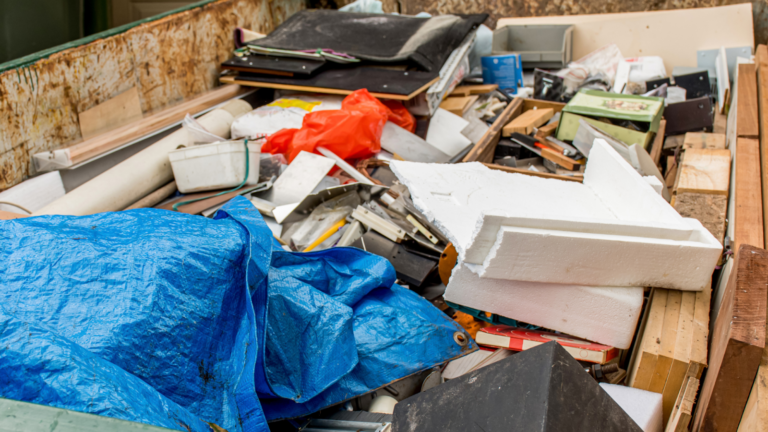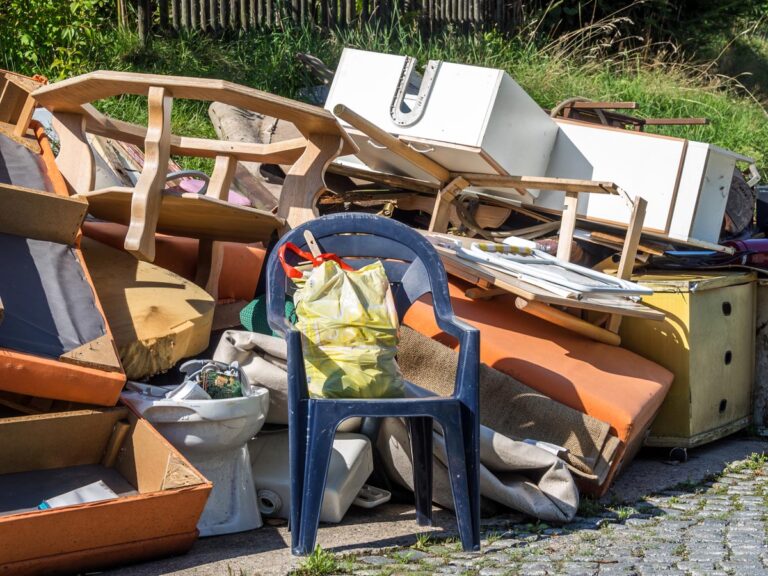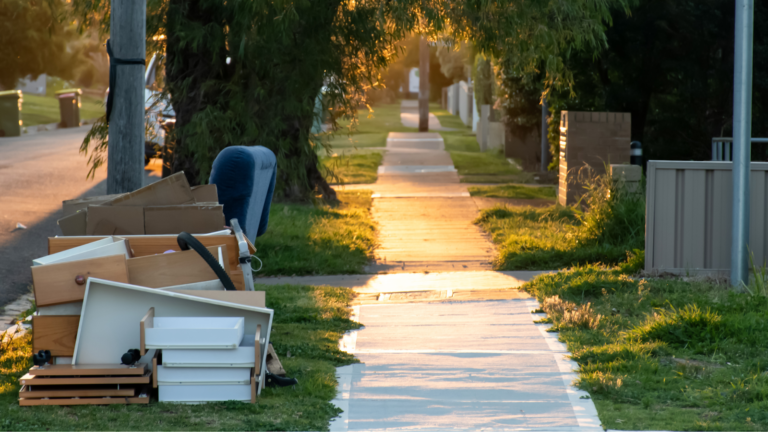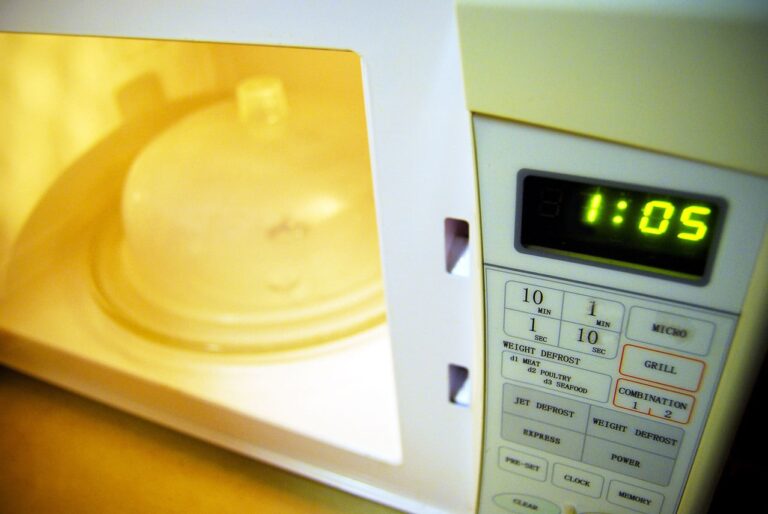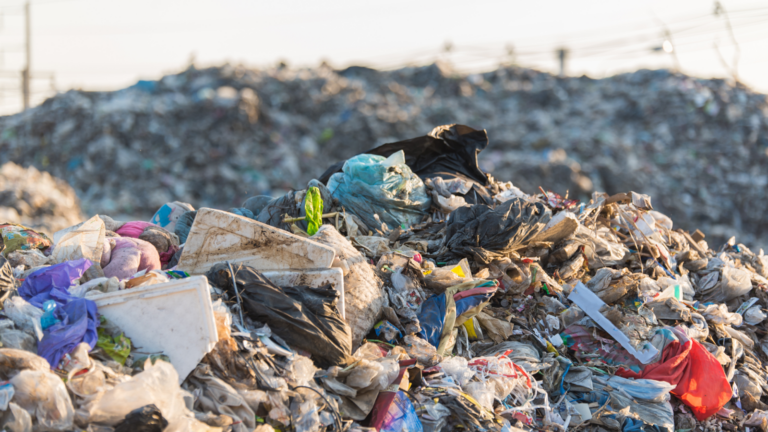Plastic Free July started in the year 2011 with the aim of educating people on the pollution associated with plastics. It is very close to the zero waste movement, but it asks you to commit to avoiding disposable plastics for a whole month. On the website, you will find a picture highlighting the many plastic items you must avoid to reduce environmental pollution.
As we have stated, the main goal of this campaign is to reduce the number of disposables, which include single-use plastics like plastic straws and spoons. You can take part in the campaign by avoiding plastic straws, grocery bags, to-go coffee cups and plastic water bottles. And because it is a one-month commitment, you will have to decide whether you can pursue it long-term.
Research shows that it only takes 28 days to form a new habit. So, before the month ends, you are likely to forget about the disposables and start bringing your to-go cups to coffee shops and you will forget about the existence of single-use plastic shopping bags.
It is now the time to open the Plastic Free July website and pledge what you would want to give up this July. In addition to participating, you have to share it with family and friends so that they can also start living a plastic-free life.
How to live plastic free
It can be hard to avoid all plastics, but you can limit your exposure in various ways. Plastic is already part of our life, which means that it can be hard to live without it. But striving to live plastic-free should be one of your goals. With every year that passes, that has been becoming easier as producers introduce more and more plastic alternatives. Here are a few tips that will help you reduce the plastic items you use.
1. Use non-plastic containers
When traveling, carry a travel mug and a reusable water bottle. Pack some food in stainless steel, glass, cloth sandwich bags, stacking metal tiffins or a wooden Bento box. Carry a reusable bag when going to a supermarket for shopping or a farmer’s market. It is also good you measure the bag before you fill it.
2. Drink tap water in place of bottled water
It is absurd to buy bottled water in Australia, considering that tap water is more regulated than bottled water. The sellers supply filtered tap water in plastic bottles and overprice it. In other words, you will be wasting your valuable resources by going for bottled water, resulting in more unnecessary plastic waste that will never get recycled.
3. Start shopping in bulk
The more items you buy at a time, the more you are likely to save on the packaging. Even though this mentality has been a norm for a long time at bulk food stores, it has now become a norm in our supermarkets. Buying in bulk will reduce your expenses on food, transport and the gas you use to make extra trips to stores. Start searching for items like larger cheese wheels that come without plastic packaging and stock up on them when possible.
4. Do not go for the frozen convenience foods
Convenience foods have stood as a top culprit for excessive garbage associated with packaging. Suppliers package frozen foods in cardboard after wrapping them with plastic; mostly, the carton is usually lined with plastic. There is no way around this. You have to forget about the shopping habit if you are serious about going plastic-free.
5. Use vinegar and baking soda
Baking soda comes in larger cardboard boxes and vinegar is available in larger glass jars. You can use the two to scour, clean and disinfect your house in addition to washing the dishes. That way, you will avoid plastic cleaning bottles. You can also use baking soda and vinegar to replace your home’s conditioner and shampoo bottles or turn the soda into a homemade deodorant. That is an important step towards living a plastic-free life.
Participation in the Plastic Free July campaign is an important step towards minimising plastic waste in our towns and streets. Studies show that plastic waste is a big threat to marine life; around 80% of ocean debris comes from the land. Plastic debris affects over 270 marine animal species. That is why you have to change your lifestyle.
Paul’s Rubbish Removal is a big advocate of recycling and using non-plastic items that can be reused and recycled. Call Paul for all your junk removal needs. We’ll provide you with a service of both collection and safe disposal. Leave all your worries to us.
Call us on 0407 125 125 for a free quotation on your rubbish removal needs in Sydney.


